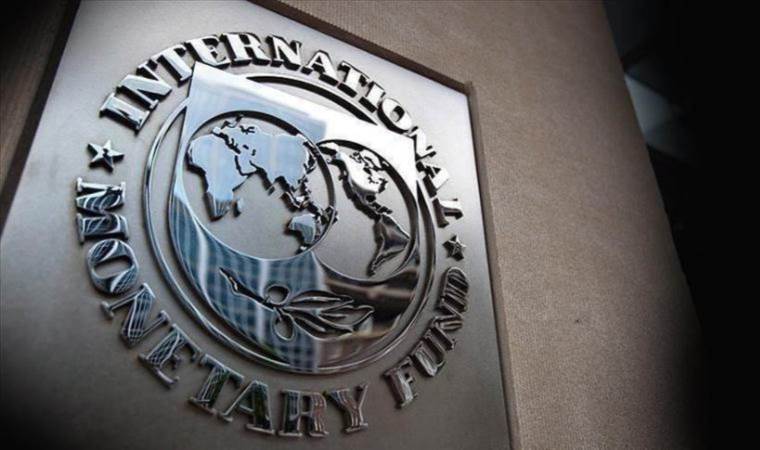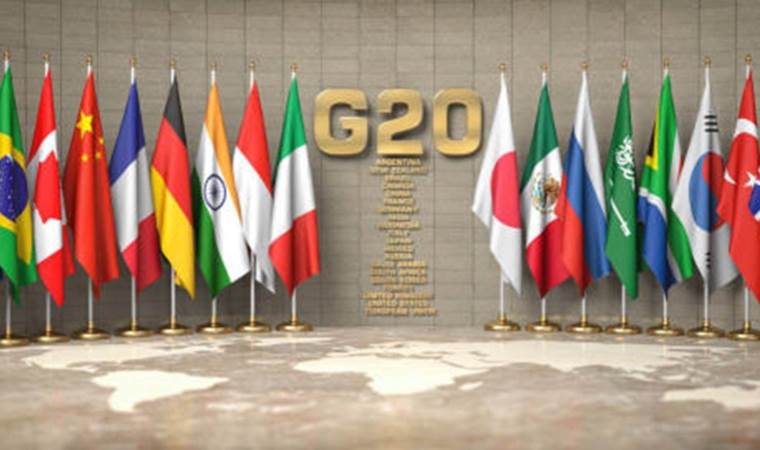IMF chief concerned world facing weakest prospects for medium-term growth in decades
High debt, fragmentation, complexities in digital. green transitions holding back greater prosperity, says Kristalina Georgieva

The International Monetary Fund (IMF) Managing Director Kristalina Georgieva said Friday that she is concerned the world is facing the weakest prospects for medium-term growth in decades, which is at over 3%.
Georgieva said interdependent challenges, such as high debt, fragmentation and complexities in navigating the digital and green transitions, are holding back greater prosperity.
"A low growth world is likely to be an even more unequal world," she said in a statement at the conclusion of the Third Meeting of the G20 Finance Ministers and Central Bank Governors in Brazil.
"I came to the G20 with a simple message: the global economy must avoid getting stuck in low gear, which would lead to a more unequal and more unstable world," she added.
The IMF chief urged efforts to strengthen the foundation for robust growth and job creation through sound fiscal and monetary policies, a stable and inclusive financial system, progressive taxation and boosting support for vulnerable countries.
"New IMF analysis suggests that periods of stagnation lasting four years or more tend to push up income inequality within countries by almost 20 percent," she said.
"This is a moral and ethical concern. It is also an economic concern—an unequal world is a discontented world that may not be up to the task of adapting to the unstoppable transformations underway," she added.
Although inflation is falling in many countries, Georgieva encouraged central banks to resist easing monetary policies too early when price pressures remain persistent. "They must also avoid waiting too long, and unnecessarily pouring cold water on economic activity," she said.
The IMF expects global economic growth to reach 3.2% in 2024 and 3.3% in 2025.



